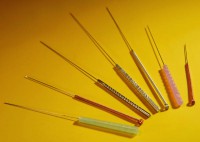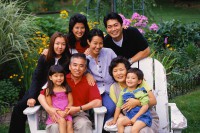
Attitude is everything whether the cancer diagnosis is for a family member, friend or you, the aftermath of diagnosis is often devastating. A range of emotions are soaring through your mind, and you’re wondering if you have what it takes to beat this disease. Fortunately, when you equip yourself with the right attitude, used in conjunction with traditional or alternative cancer treatment programs, you can build the strength necessary to fight with all you have.
Changing your attitude about any situation is difficult, and you’ll want to make sure to surround yourself with people who support your cause. Build a team of support whether it’s through family members, your church group or all of your best friends from college. Positive attitudes can have a profound effect on you well-being. Once you have found that group, you can also begin to focus on what it is that you are fighting for.
You might be fighting to live longer for your children, or you may be fighting because you don’t feel as though you’ve completed your journey here yet. Setting a goal and giving you a passion for the journey are two powerful tools. This positive attitude can also be tied to religion or spirituality. By connecting yourself to God or a higher power, you can tap into a powerful force that helps you to retain your positive “I can win” attitude.
Incorporating religion or spirituality of some type into your “I can win” attitude lets you know that you are not alone. Prayer and meditation can also be a part of your plan as you work to enhance attitude.
Consider using immune boosting programs to get your mind, body and spirit all in line with one another. No matter what your treatment plan is be sure to discuss all of your goals and ideas with your doctor first to ensure that you are moving in the “right” direction.





